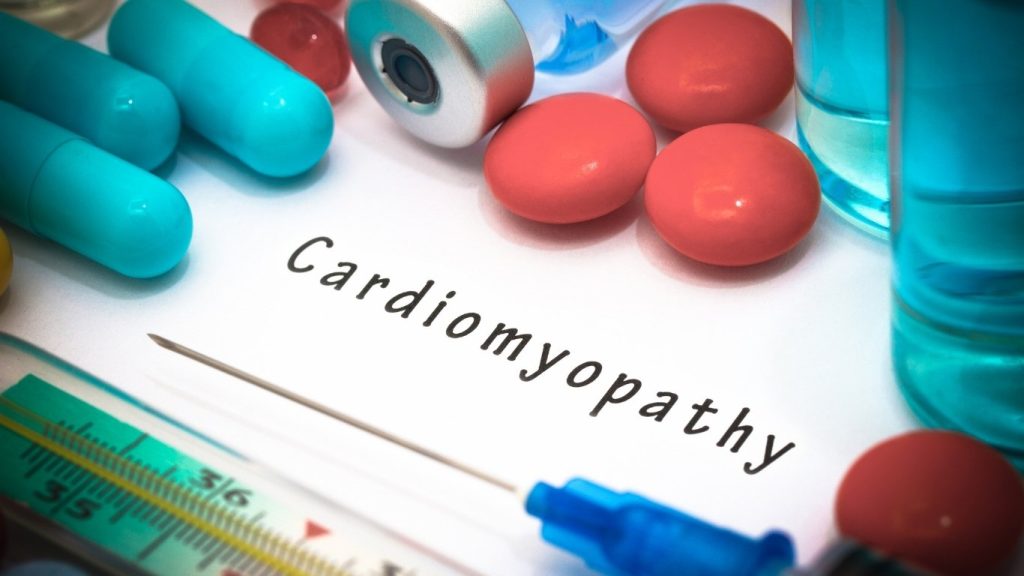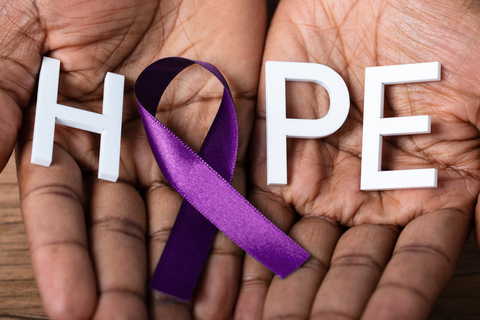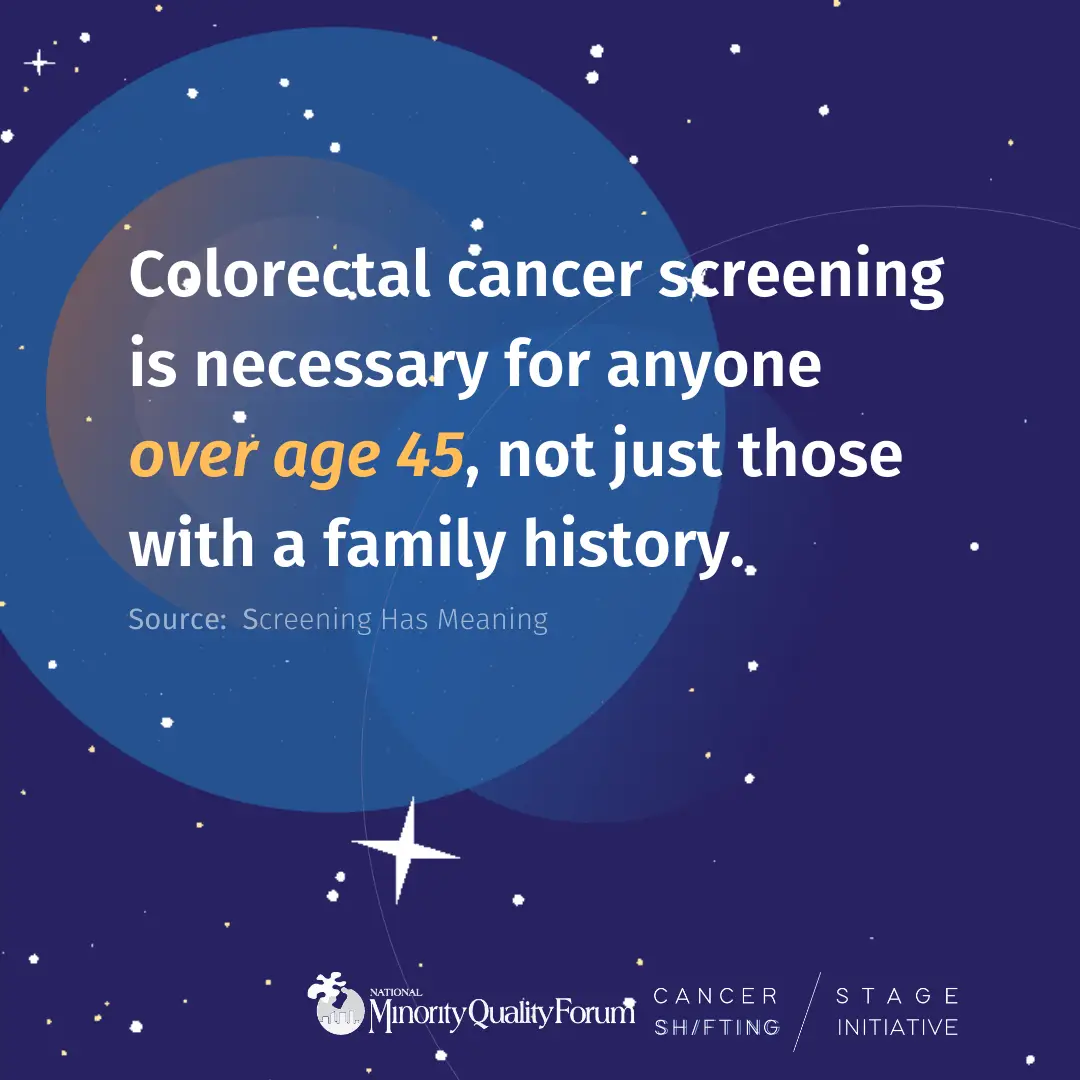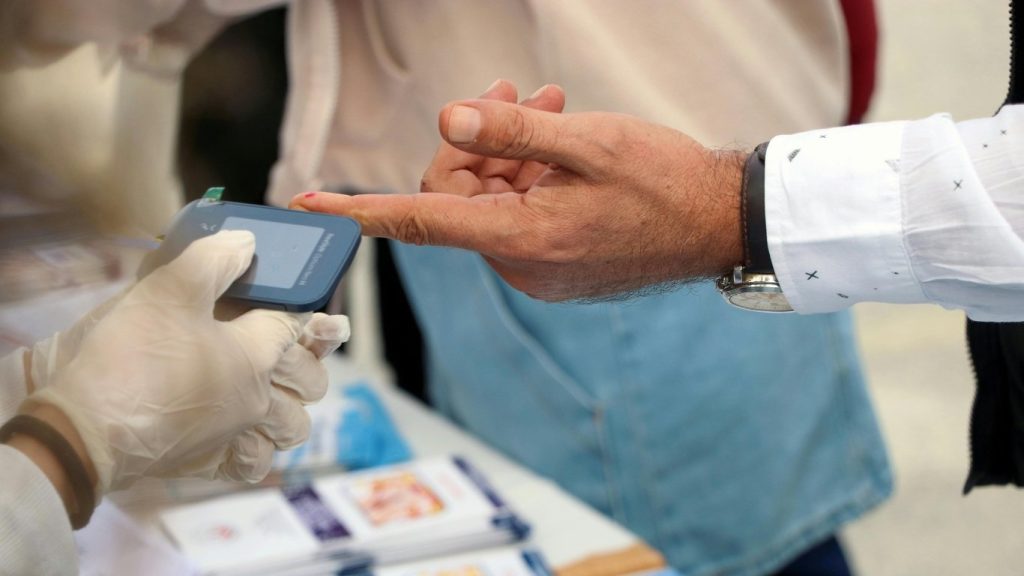Communities
$4M Boost for OSA Treatment in Indigenous Communities
A program linking sleep science and traditional knowledge is being expanded to treat obstructive sleep apnea (OSA) in regional Indigenous communiti...
It may have just gotten harder to protect minority communities from pollution
In recent years, some states have invested in air quality monitoring, applied extra scrutiny to permitting decisions and steered cleanup funding to...
Views from children with diabetes from underserved communities, and their families on diabetes, glycaemic control and healthcare provision: a quali...
Aims:
Children and young people with diabetes (CYPD) from socio-economically deprived and/or ethnic minority groups tend to have poo...
Traffic-related air pollution exposes minority communities more than white communities
Traffic pollution disproportionally impacts marginalized communities across the U.S. A new study at UNC’s Institute for the Environment looks at ho...
Bridging the Behavioral Health Access Gap in Communities of Color
During the COVID-19 pandemic, the number of adults suffering from anxiety and depression quadrupled nationwide from 11 percent to 41 percent, accor...
Underserved communities can comment on climate needs
Federal officials want input from the public on how to equitably provide data, information, science and tools to diverse communities to help them p...
Trending Topics
Features
- Drive Toolkit
Download and distribute powerful vaccination QI resources for your community.
- Health Champions
Sign up now to support health equity and sustainable health outcomes in your community.
- Cancer Early Detection
MCED tests use a simple blood draw to screen for many kinds of cancer at once.
- PR
FYHN is a bridge connecting health information providers to BIPOC communities in a trusted environment.
- Medicare
Discover an honest look at our Medicare system.
- Alliance for Representative Clinical Trials
ARC was launched to create a network of community clinicians to diversify and bring clinical trials to communities of color and other communities that have been underrepresented.
- Reducing Patient Risk
The single most important purpose of our healthcare system is to reduce patient risk for an acute event.



















